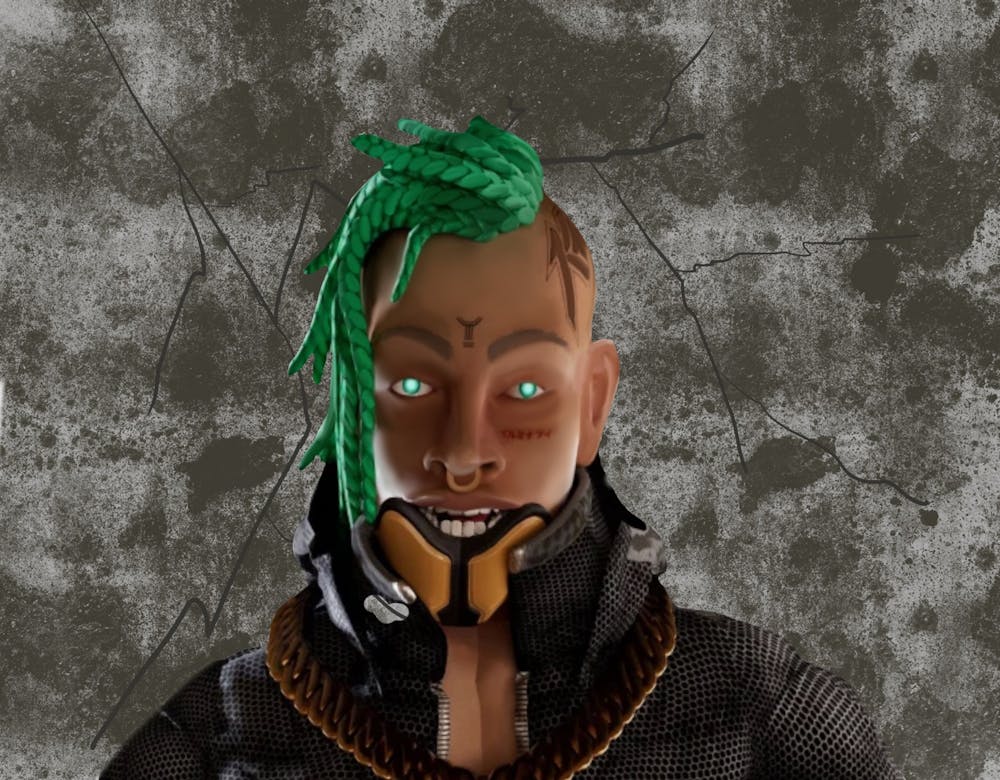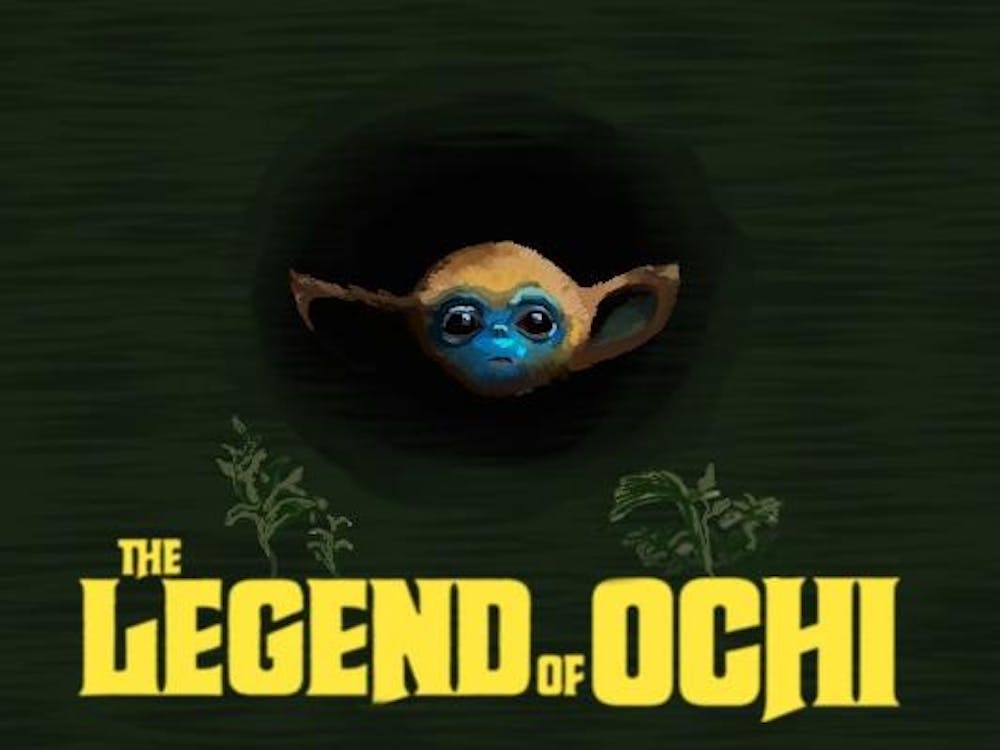In a largely digital era, through the power of influencers online, brands promote themselves on social media and advertise their products — often via perfect people with perfect bodies and perfect lives. As technology and advertising techniques develop in parallel, so does the strangeness in influencer promotion — now, advertisers are ushering in the era of the CGI influencer.
Also known as virtual influencers, these pseudo-human moguls are fascinating technological creations taking over social media marketing. Their entire existence is based around the wants and needs of the advertisers behind them — whether that means increasing their relatability, solidifying their brand image or moving away from depending on flawed, problematic creators.
In Media Studies Prof. Allison Wright’s eyes, virtual influencers are great for brands, especially through saving them money in innovative ways.
“It's a lot cheaper in a lot of ways to hire a virtual influencer,” Wright said. “You're not paying for travel, for instance — you're not paying for the time or the money it takes to scout locations, to change clothes, hair and makeup. In a very simple, streamlined way, looking at budgets, virtual influencers can be a lot cheaper. I think brands have a pretty good understanding of that.”
But from the user perspective, certain moral issues arise, especially in what CGI influencers should be allowed to do or say. For example, take FN Meka, an AI creation from Anthony Martini and Brandon Le. FN Meka was built to be an artificially intelligent rapper, and was recently “sacked” from his deal with Capitol Records due to backlash from activist non-profit Industry Blackout. According to the group, FN Meka was a prime example of digital blackface, in which an online persona upholds caricatures and stereotypes of Black experiences through their content.
Even more concerning, the lyrics, tempo and songwriting style that FN Meka was programmed to produce were derived through an algorithm made by creators who were not Black. For third-year College student Miyanna Bell, the creators’ attempt to use Black culture for their own gain is crossing a line.
“I definitely think there are boundaries,” Bell said. “If you're not a part of a community, don't be speaking out about the community … It goes back to the question — do you really know the hardships [and] the complicated obstacles these different communities have to go through?”
Another famed virtual influencer, Lil Miquela — who has worked with the likes of Calvin Klein and Prada — has also been under fire in recent years. In 2019, creators Trevor McFedries and Sara Decou had the socialite release a vlog claiming she had been sexually assaulted, enraging thousands with her creators’ attempts to make her seem as human as possible.
According to Assoc. Media Studies Prof. William Little, Lil Miquela’s story, and perhaps the other stories of virtual influencers, are a calculated move to make the virtual influencer — and in turn the brand — more approachable.
“[The creators will] pull back a little bit from this idea of trying to make the virtual influencer look so perfect, and what they do is humanize her by giving her a story,” Little said. “It's to make her seem relatable. There's this perfect sweet spot where the influencer is above and beyond, but also just like me in some ways.”
Though virtual influencers and the teams behind them can make mistakes, their problems can be ironed out, their personalities redefined, aspects of them manipulated to appeal to their consumer and to continue the influencer’s revenue stream. They have no real flaws, except the ones bestowed upon them by their creators. In that sense, their perfection might feel disconcerting, especially in the view of potentially resembling the CGI influencer.
“I think a lot of what virtual influencers do, especially in the world of fashion, and in the world of beauty, is present an unrealistic expectation of what someone should look like,” Wright said. “We are talking about a visual media, and so whether or not that image is of a real person matters.”
When a virtual influencer is both aspirational and completely fabricated, the implications of desiring to be them are frightening, Little said.
“It somewhat begs the question — if the follower wants to be like the virtual influencer, does that mean to some degree the follower aspires to have a life that is closer to a machine-like life than a flesh and blood life?” Little said.
According to Little, when virtual influencers are online doing their jobs by influencing masses of people, they can infiltrate the minds and ideations of their followers in ways that are unprecedented and more dangerous than others before them, so much so that viewers' perception of imagining a perfect life could forego all humanness.
Of course, the questions raised by the likes of Little and Wright are not yet definitive, and the ways that CGI influencing can affect audiences, consciously or unconsciously, is still uncertain. What is certain is that the prevalence of virtual influencers, both in the marketing sphere and in conversations of social media users, is growing. Now more than ever, digital natives, students and educators alike are finding more than a few issues with what creators of virtual influencers should be allowed to post and the impact that will have on followers in the long run.
Wright sees the realities of human life and social structure as a main reason why ethical questions about virtual influencers are even being raised in the first place.
“Humans do a lot of work behind the scenes [with virtual influencers],” Wright said. “And it's hard to escape the ideas of capitalism, the ideas of white supremacy, all of these systemic problems that exist in our real lives, in virtual reality.”
At any rate, it seems CGI influencing is a captivating peculiarity that online audiences will be forced to think about –– and interact with –– in the times ahead. Whether their existence is a blessing or a tragedy has yet to be revealed.







